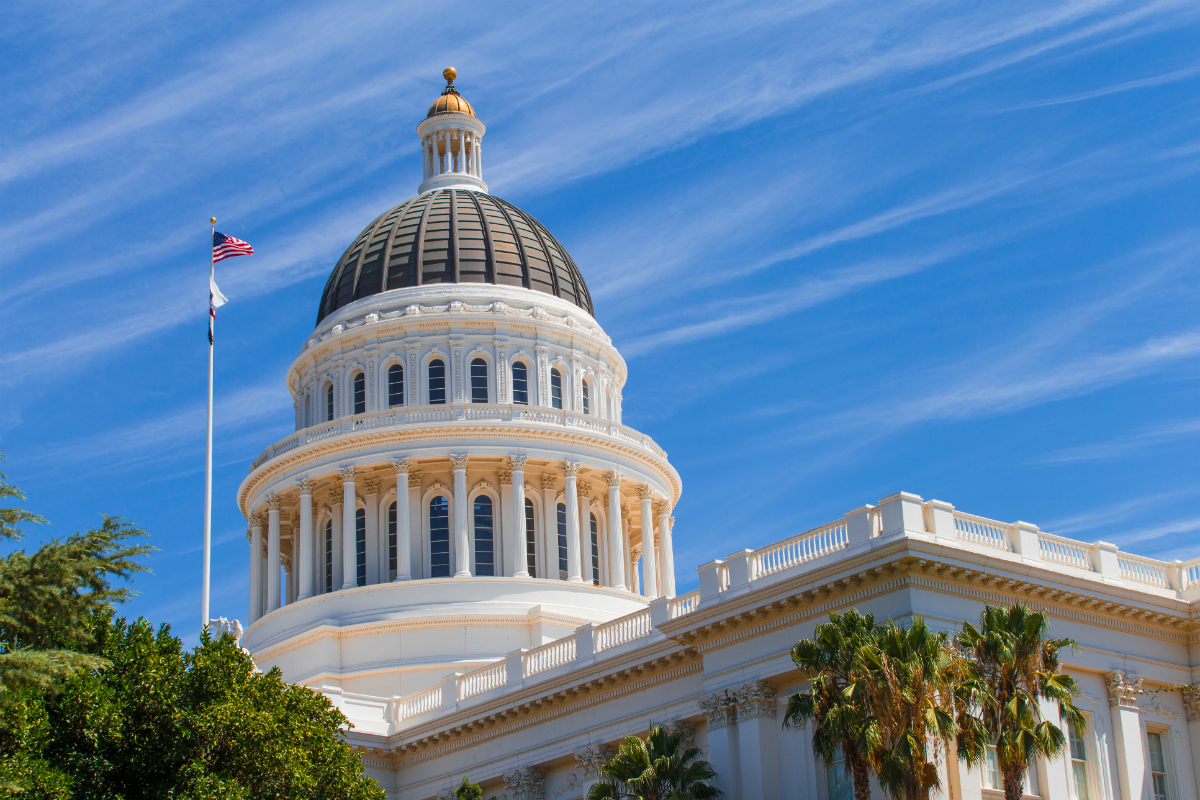“July is a month when governing boards don’t even usually schedule meetings. But here we are,” CSBA General Counsel and Chief of Staff Keith Bray said in introducing part one of the webinar series on July 15 to nearly 1,000 attendees. Joining Bray were top education law attorneys from CSBA‘s premier affiliate law firms.
On the docket (the slide deck is posted for viewing) were discussions on the legal effects of orders and guidance, distance learning requirements, layoffs, liability and items on the bargaining table. A majority of the questions posed to the panel sought clarity on language in Senate Bill 98, the budget education trailer bill, regarding distance learning, layoff restrictions for classified staff and fears over district liability should a student or staff member become infected with COVID-19.
The webinar also included a breakdown of the various executive orders — with 47 issued to date — from Gov. Gavin Newsom as they apply to schools. Considering the fluidity of the pandemic in California and nationwide, LEAs should expect more of these orders well into the fall semester, said Josh Morrison of Atkinson, Andelson, Loya, Ruud & Romo.
Distance learning requirements under SB 98
While the language in SB 98 appeared to severely limit options for districts looking at offering hybrid or distance learning instructional plans, legislative intent letters state that is not the case. CSBA previously reported this update, which was reinforced by Sarah Levitan Kaatz of Lozano Smith. “For a lot of school districts, it was incredibly helpful to look at that and say, ‘OK, we do have a lot more flexibility.’”
“The intent of the language of SB 98 was to provide districts with flexibility,” added Namita Brown of Fagen Friedman & Fulfrost.
While there is some flexibility in whether to offer widespread distance learning based on local public health conditions, the Legislature spells out stringent requirements for how distance learning must operate. The standards, Brown said, stem from inequitable digital learning in the spring and fears from state leaders over further learning loss.
Distance learning requirements:
- Daily live interaction with certificated employees and peers as part of regular instruction when feasible
- Daily tracking and weekly monitoring to verify participation and progress
- Access to connectivity and devices
- Content at a level substantially equivalent to in-person instruction
- Academic and other supports to students not performing at grade level
- Necessary accommodations for special education students and integrated instruction for English learners
Layoff limitations and liability concerns
The 2020–21 state budget deal brokered by the Legislature and Gov. Newsom also left open a question about layoff prohibition windows. Upon reviewing an intent letter, the panel of lawyers agreed that the layoff of custodial, nutrition and transportation employees cannot be implemented this fiscal year, including for those employees who had received notices between May 2 and June 30. Therefore, the release of custodial, nutrition and transportation employees may be for good cause only in 2020–21.
“For a lot of districts, that was a huge change, because they might have been planning to do that,” or had already started the process, Kaatz said.
In discussing the additional prominent issue of liability, Marie Nakamura of the firm Dannis Woliver Kelley said the increased risk for districts and boards may not be that much higher with prudent decision-making. “Although it sounds scary, if we stay in that bubble and we follow the protocols that are being required by the county and the state, then we are much more protected as entities,” she said.
Regarding liability relief, Bray highlighted recently introduced legislation by Assemblymember Patrick O’Donnell (D-Long Beach) to provide limited liability protections for K-12 schools as they reopen. The protections would apply to any claims for injury or damages alleged to have been sustained throughout the COVID-19 pandemic or within 12 months following the end of the declaration of a State of Emergency, whichever is later; the legislation does not modify or affect workers’ compensation claims by employees.
CSBA has been involved in the development of the bill, which has been referred to the Senate Judiciary Committee and will be heard when members return in late July.
Part two of the legal webinar series, scheduled for Friday, July 29 at 11 a.m., will focus on legal and equitable issues arising from reopening schools during the pandemic, including providing education and services to English learners and special education students. The panel will also discuss social distancing in schools and the new requirement for boards to adopt a Learning Continuity and Attendance Plan by Sept. 30.





